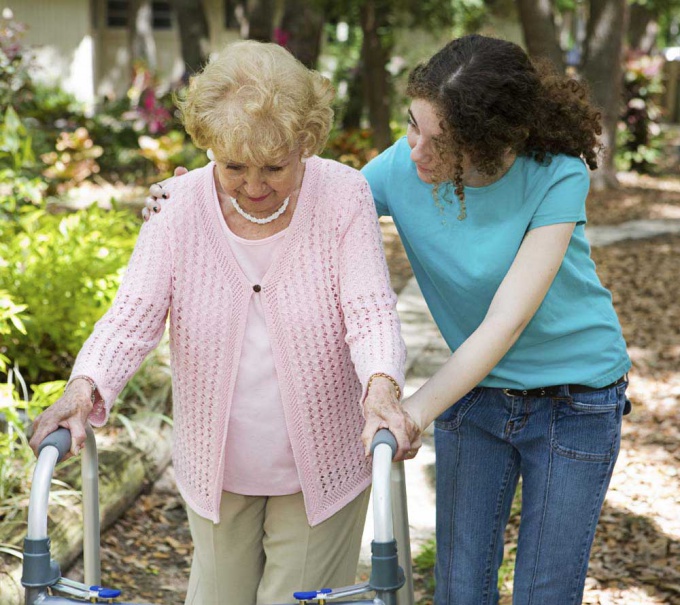Instruction
1
For patients who can't talk, you can use baby bingo or primer. You need to clearly and slowly naming the subject, asking the patient to show it in the picture – naming first one thing, then two, then three at once, so that the patient is coached memory. In one session the patient is asked to show not more than 15 things, with short breaks after each task.
2
After a stroke it is easier for patients to understand given the names of objects than any action, so you need to persistently repeat, that a man found out what to drink, what to eat, what are you on, etc.
3
Patients with sensory aphasia distinguish bad words, similar-sounding. Therefore these words have to do schematic drawings, signing them, for example: "house", "Tom", "barrel", "kidney". During class ask the patient to show the name of your drawing or caption.
4
To restore speech after a stroke helps exercise the writing of a book or the newspaper of words beginning with similar sounds, example: "b""p" "d""t", "b"-"f". These lessons train the perception of speech sounds.
5
Dealing with stroke patients, it must be remembered that they do not distinguish the sounds when you say multiple people.
6
In patients suffering from motor aphasia, understanding of speech is restored during the pronunciation of words. The sooner the patient learns to speak, the faster he will begin to understand the speech of others.
7
A good way to restore speech to stroke victims is singing songs that are familiar to the patient. The patient should look at the lips of the one who sings, and try to repeat the words.
8
After the patient will be able to correctly pronounce the words, begin to engage in the repetition of sentences, for example, ask him to repeat "give me a handkerchief", "bring me a Cup". You need to call in the patient's interest in self-employment. You can give him a task to fill in the missing letters in the sentences. For example: "the Dog lapping ... bowls, Bird sitting branch...".
9
Stroke people is not recommended to watch TV more than 2 hours a day. Transfer is better to choose only positive and those that interest the patient. If the person loves sports, watching sports would encourage him to review that will be of great benefit in the recovery of speech.
10
Dealing with a sick person, you need to show tact and patience. It is not necessary to fix all error of a patient, but only 3-4, and the smallest success is necessary to praise.
